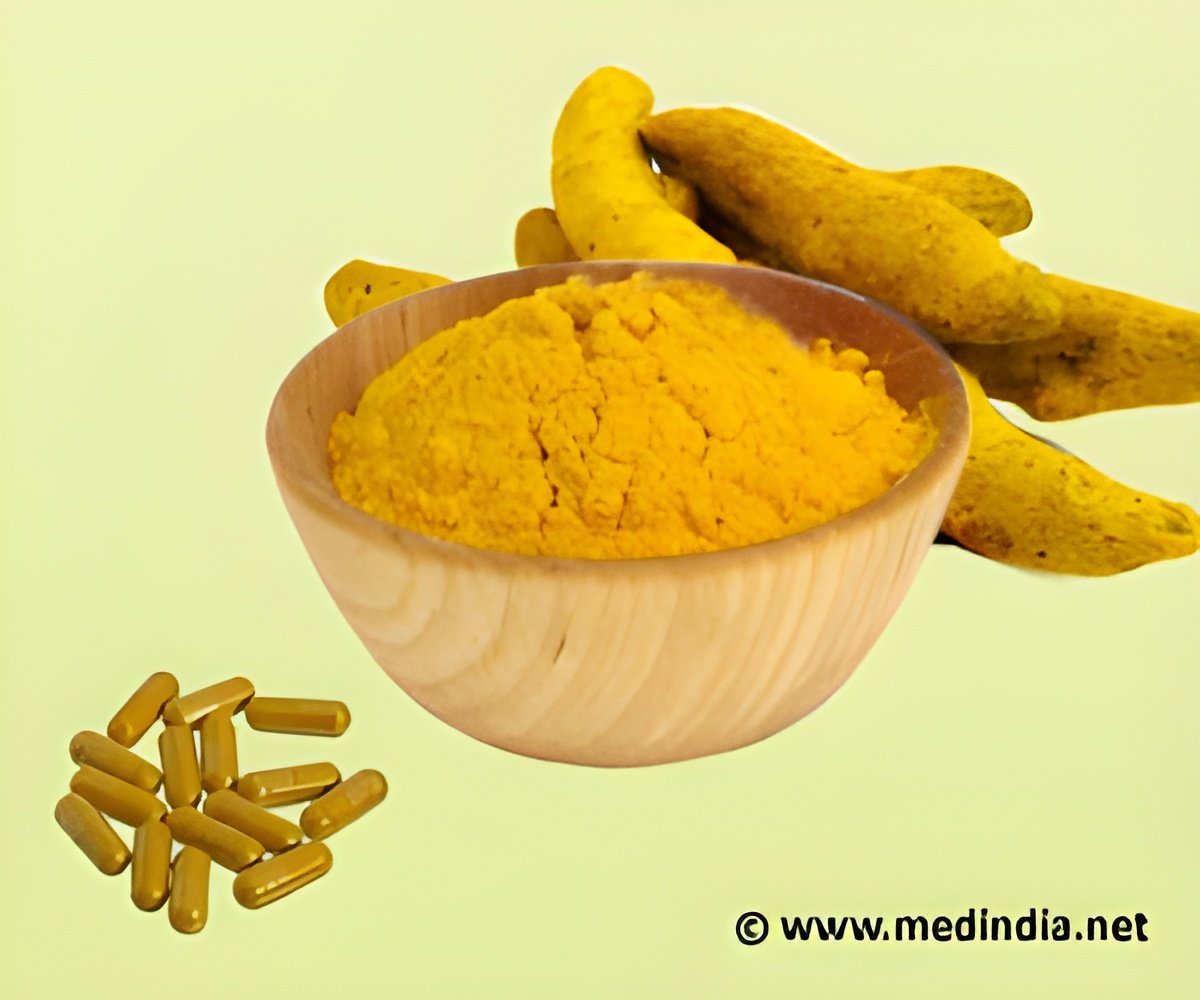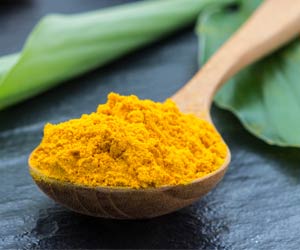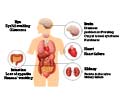
‘Role of curcumin in activating the lipid metabolism (PPARα signaling) pathway allows a better understanding of the molecular pathways involved in the pathogenesis of amyloidosis. This may help develop effective therapeutic or preventive methods against the development of amyloidosis for various metabolic diseases and also Alzheimer’s disease.’
Tweet it Now
Curcumin – a polyphenol compound produced by plants of the Curcuma longa species has several properties like anti-oxidation, anti-inflammatory, anti-cancer, and anti-amyloid properties. But the exact mechanism driving these action are not clear. Although the link between lipid metabolism and the development of amyloidosis remains unclear, the high-fat diet supplement is also said to aggravate a variety of amyloid deposition including Aß in Alzheimer's disease.
Molecular Pathways in the Pathogenesis of Amyloidosis
The study team at Shinshu University explored the amyloid deposition and molecular changes in a mouse model of amyloid apolipoprotein A-II (AApoAII) amyloidosis, in which mice were fed a curcumin-supplemented diet.
It was observed that curcumin intake elevated ApoA-II and HDL-cholesterol concentration in plasma by activating the peroxisome proliferator-activated receptor alpha (PPARα) signaling pathway, resulting in increased AApoAII amyloid deposition and peroxisome proliferation.
Advertisement
The role of curcumin as a PPARα/γ dual activator may influence the expression levels of proteins involved in amyloid deposition and other metabolism functions in a complex manner and provide an opportunity to reexamine the mechanism of the physiological impacts of curcumin.
Advertisement
Source-Medindia











